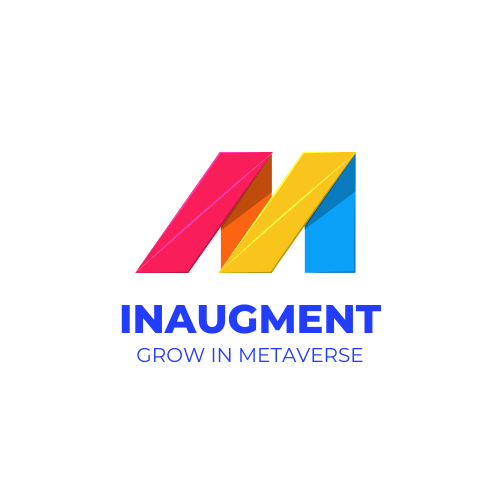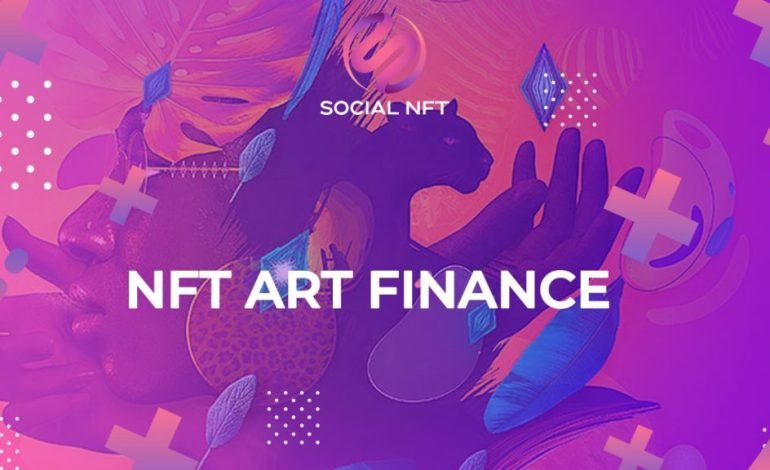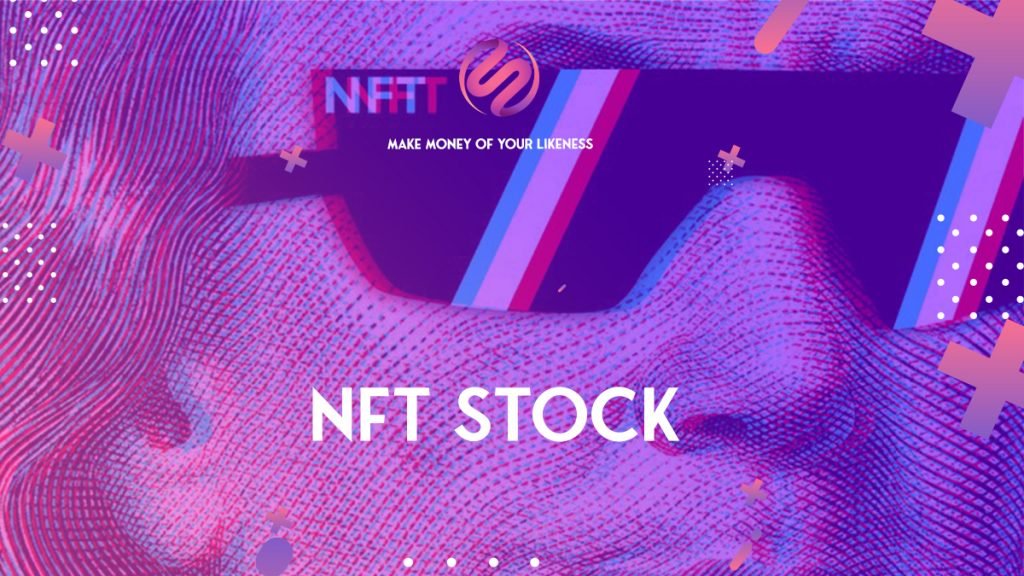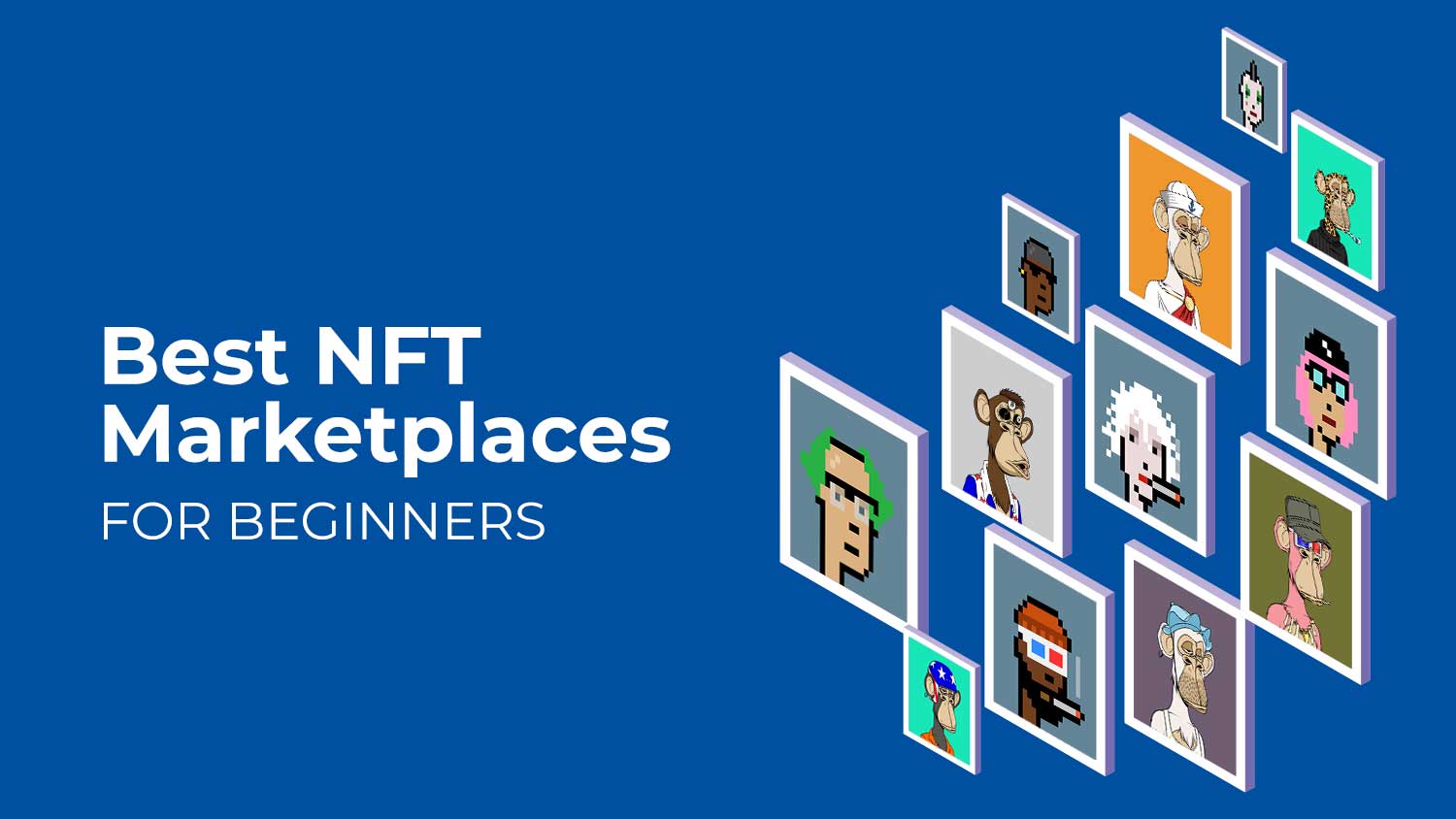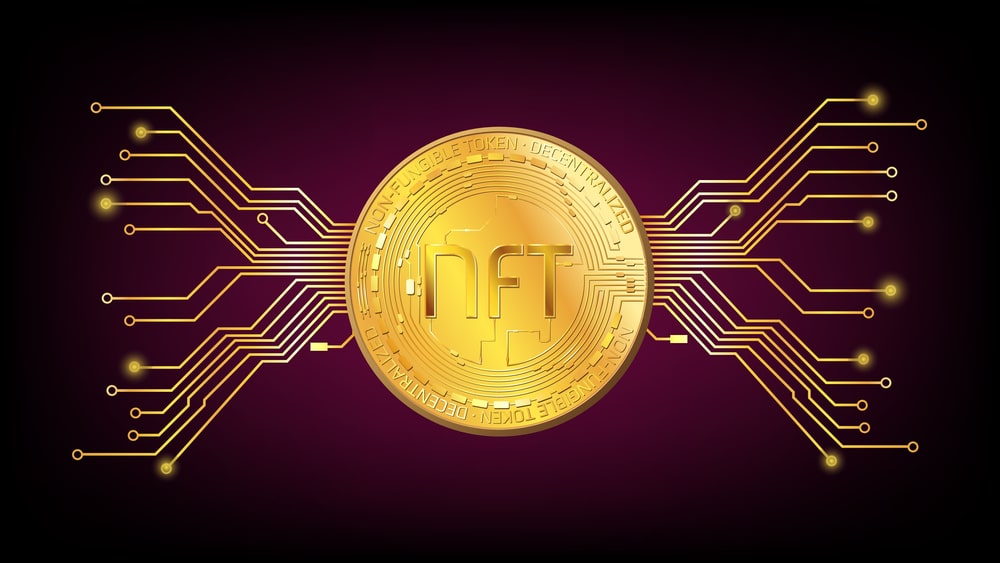What Are Non-Fungible Tokens and How Nfts Work?
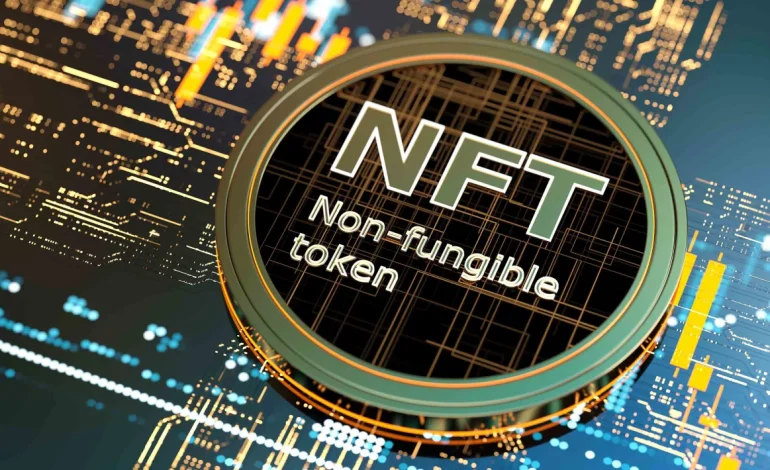
A non-fungible tokens (NFT) is an identifier unique to each individual to verify and assign the ownership of digital goods cryptographically. If you can understand the way NFTs function, you’ll realize that other applications use this technique.
What exactly is an NFT?

NFT stands for non-fungible tokens. On a fundamental level, an NFT is an electronic asset that connects ownership to exclusive digital or physical items like artwork and music, real estate, or video. NFTs are considered contemporary collectables. They are sold and bought online and are digital proof of ownership for any item. NFTs are securely stored on the blockchain, similar to cryptocurrency, ensuring that the asset is unique. It also makes it impossible to modify or duplicate NFTs. To truly grasp the concept of NFTs, it’s essential to be familiar with the idea of fungibility as a concept in economics.
- Can exchange fungible items easily since their value doesn’t depend on their distinctiveness. For instance, you can swap for another one and still have it even if the new bill is a different serial number.
- The items that aren’t interchangeable aren’t. Each non-fungible token has its unique characteristics and doesn’t have the same amount as similar tokens.
What is the process of NFTs?

A lot of NFTs are stored in Ethereum. Ethereum blockchain, However, other blockchains (such as Flow or Tezos) can also accept NFTs. Since anyone can look over the blockchain, NFT ownership can easily be traced and verified as well as the person or company that holds the token can remain anonymous.
Different digital items are non-fungible tokens, such as artwork, objects from the game, and even images or videos from the live broadcast NBA Top Shots is among the biggest NFT marketplaces. When the NFT that identifies ownership is connected to the blockchain. The size of the digital object doesn’t matter as it’s not tied to the blockchain.
The NFT could not include the rights to copyright or license in the purchase, but this is not the norm. Like buying prints that are limited edition doesn’t give you the exclusive rights to the image. As the technology and the concept development, NFTs may have various possible applications that go far beyond the realm of art.
For instance, a school could grant NFTs to students who have earned a degree. NFT for students who have graduated with the degree and allow employers to verify an applicant’s degree quickly. A venue can use NFTs to sell and track the number of tickets sold for an event which could reduce the resale scam.
The Financial Takeaway

While there are several practical applications to NFTs shortly, they’re mainly used for digital art at present. NFTs create a seamless means of selling digital artwork that may not have a vast market for artists. There are also ways that creators are paid for each subsequent sale of their art as per Ceesay. On the other hand, collectors can speculate on the digital art they own and claim ownership rights to rare items on the chain. If you’re considering buying an NFT as a way to invest but aren’t sure, there’s no guarantee that it will appreciate. While certain NFTs are sold for millions or thousands of dollars, some may stay in the same place or be useless.
FAQ Most Frequently Ask Question
What are non-fungible tokens used for?
A non-fungible tokens (NFT) is a unit of data stored on a digital ledger, called a blockchain. That certifies a digital asset to be unique and therefore not interchangeable. NFTs can be used to represent items such as photos, videos, audio, and other types of digital files
How do you get non-fungible tokens?
Make sure to add enough to cover the cost of your desired NFT. The accompanying Ethereum gas fee (a fee you must pay to have your transaction authorized on the Ethereum network)
Is Bitcoin an NFT?
At a very high level, most NFTs are part of the Ethereum blockchain. Ethereum is a cryptocurrency, like bitcoin or dogecoin, but its blockchain also supports these NFTs. Which store extra information that makes them work differently from, say, an ETH coin.
